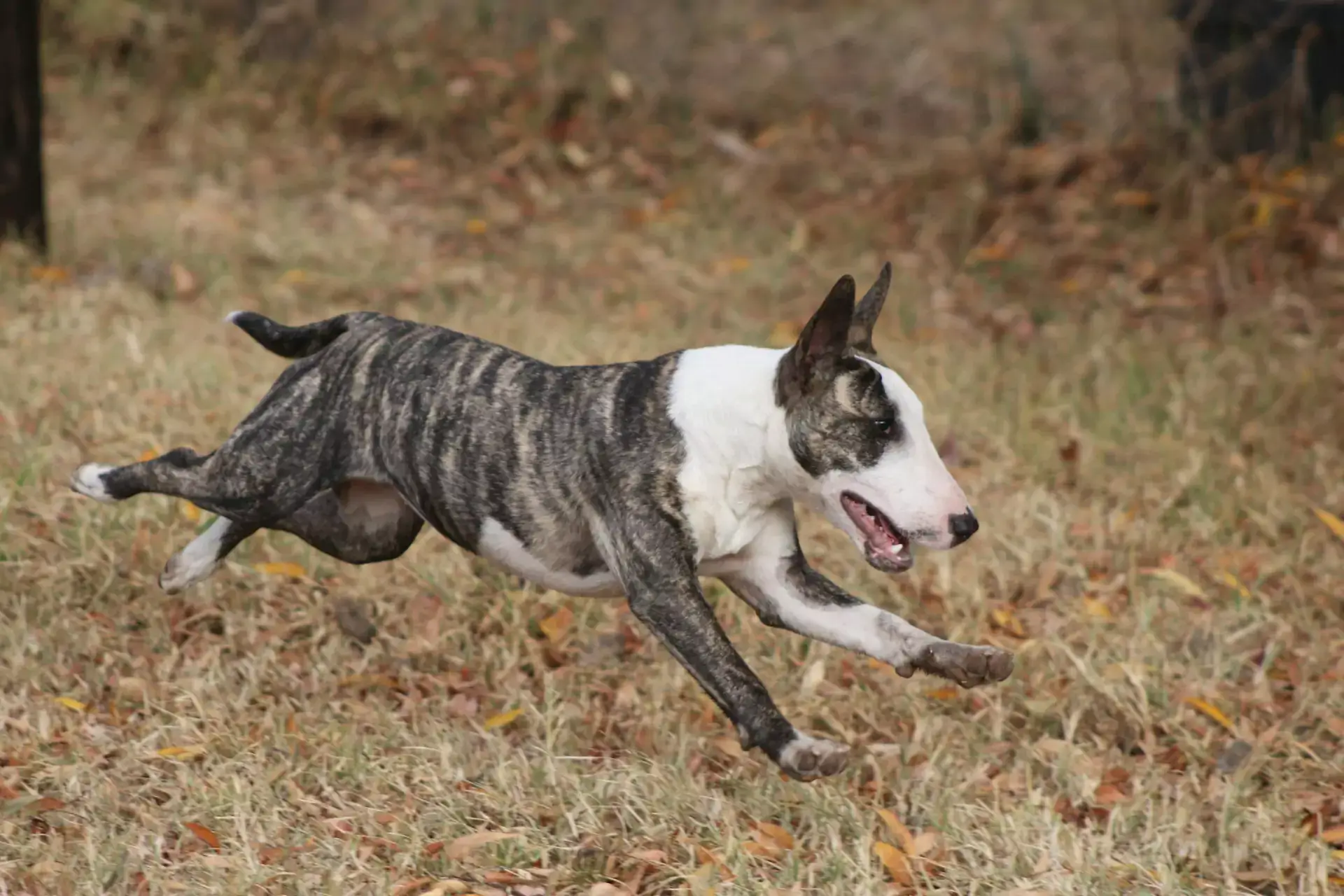Spotlight on Skijoring
Do you like skiing? Is your canine friend super active and athletic? If so, you may be able to take your dog out on the trail with you. No, we’re not suggesting strapping skis on Fido. Instead, you may want to train your pup in skiijouring. A local vet offers some tips on this below.
Basics
Skijoring originated over in Scandinavia. The word ‘skijoring’ itself actually translates into ‘ski driving’ in Norwegian. Though it’s mostly practiced as a sport these days, it originated as a means of transportation. Basically, the skier skis, which provided much of his momentum. His (or her) canine companion runs in front of him, wearing a sled dog harness, which is connected to the skier’s harness.
Racing
If you find out that you and your furry friend really love this sport, you may want to consider racing. Skijoring races are much shorter than most sledding competitions, rarely going longer than about 15 miles. You will need to build up Fido’s endurance first, but not to the extent an Alaskan sled race would require.
Doggy Requirements
Needless to say, skijoring isn’t going to be a very good option for a Chihuahua. However, it’s fine for many dogs that are over about 40 pounds. Some of the breeds that tend to enjoy this winter doggy sport include Golden Retrievers, German Shepherds, Border Collies, and, of course, snow dog breeds, like huskies. Of course, you’ll need to consider your pup’s temperament. If you plan to race, it’s important that he can get along well with other dogs. This activity is best suited for obedient, active dogs that absolutely love to run. Fido also needs to stop running on command. (That one may take a few pooches out of the picture.)
Gear
You’ll need to pick up a few things, but your shopping list won’t be too extensive. You can likely get pretty decent harnesses and collars for under $100. You’ll also need skis and a harness for yourself. You may also need to get some basic winter gear, like warm gloves and clothes, as well as cross-country skis and poles.
Training
Skijoring comes naturally to many dogs, as many of them naturally like to run and pull things. However, that doesn’t mean it’s right for every pooch. Consult your vet before getting started.
Please reach out with any questions or concerns about your dog’s health or care. We are always happy to help!



